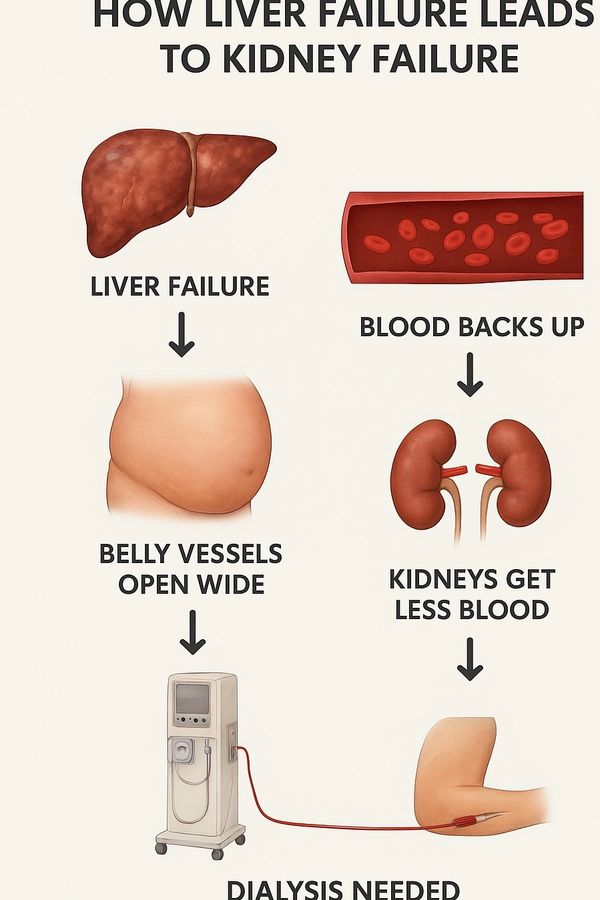CONTACT: canada@renewal.org or 1-888-283-5008
About Mark

About Mark
Hello, my name is Mark Kagan. With the encouragement
and support of my family and friends, I’m here to continue my story because I need your help. Two years ago, I was a healthy, active 66-year-old, enjoying life to its fullest. I was working full-time, traveling, exercising daily, and cooking wonderful large meals for loved ones.
Everything changed when I was diagnosed with a rare liver disease called Nodular Regenerative Hyperplasia (NRH). This condition took a severe toll on my health, needing a liver transplant to survive. In April 2025, I was fortunate enough to receive that transplant and am eternally grateful.
Unfortunately before I received the transplant, my kidneys began to fail from Hepatorenal syndrome. The new liver gave me hope to reverse the atrophy that the disease caused to my body and my abilities, but the loss of my kidneys in the process was an additional emotional blow and making a full recovery so much more challenging.
Along with my family and friends once more, I search for a kidney, in hopes to be swimming, traveling and cooking delicious feasts again. And so now our former website MarkNeedsaLiver.ca has become MarkNeedsaKidney.ca.

WHAT IS HEPATORENAL SYNDROME (HRS) ?
Hepatorenal syndrome (HRS) can be a life-threatening complication of end-stage liver disease. Scarring of the liver causes increased resistance to blood flow in the liver. This triggers the release of vasodilators to increase blood flow to the gut, leaving less blood flow to the kidney. The kidneys stop working because they don’t get enough blood flow. The only way to cure HRS is to have a liver transplant. But sometimes, as in Mark’s case, the kidneys have been damaged so severely and for so long (needing dialysis for more than three months) that the kidneys don’t recover. The only way to then repair the kidney function is to have a kidney transplant.

What is NODULAR REGENERATIVE HYPERPLASIA (NRH) ?
Nodular regenerative hyperplasia (NRH) is a condition where the liver develops small lumps which make it hard for blood to flow properly. When blood flow is obstructed, it creates higher pressure in the veins in the liver. This increased pressure is called portal hypertension, and can cause fluid to leak out of the blood vessels into the abdomen. NRH can also affect the liver’s ability to produce proteins like albumin, which helps keep fluid in the blood vessels, so even more fluid leaks into the abdomen. All this fluid is called ascites.
Aside from not being able to make protein, with time the liver is unable to perform other essential functions, such as processing nutrients and filtering toxins from the blood. As the liver becomes increasingly scarred and dysfunctional, it can progress to liver failure. NRH can occur with no clear cause.

Mark and his family in 2023

Mark's illness progressing-2024

MARKS' BIRTHDAY - 2 MONTHS BEFORE LIVER TRANSPLANT - FEBRUARY 2025
